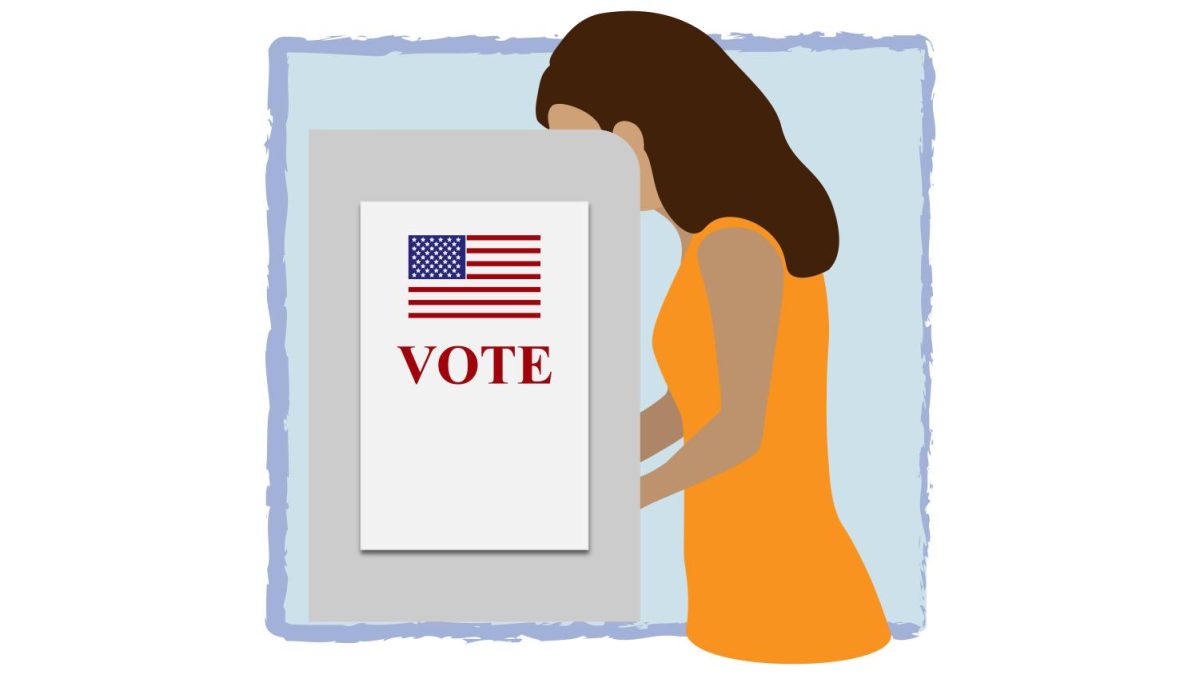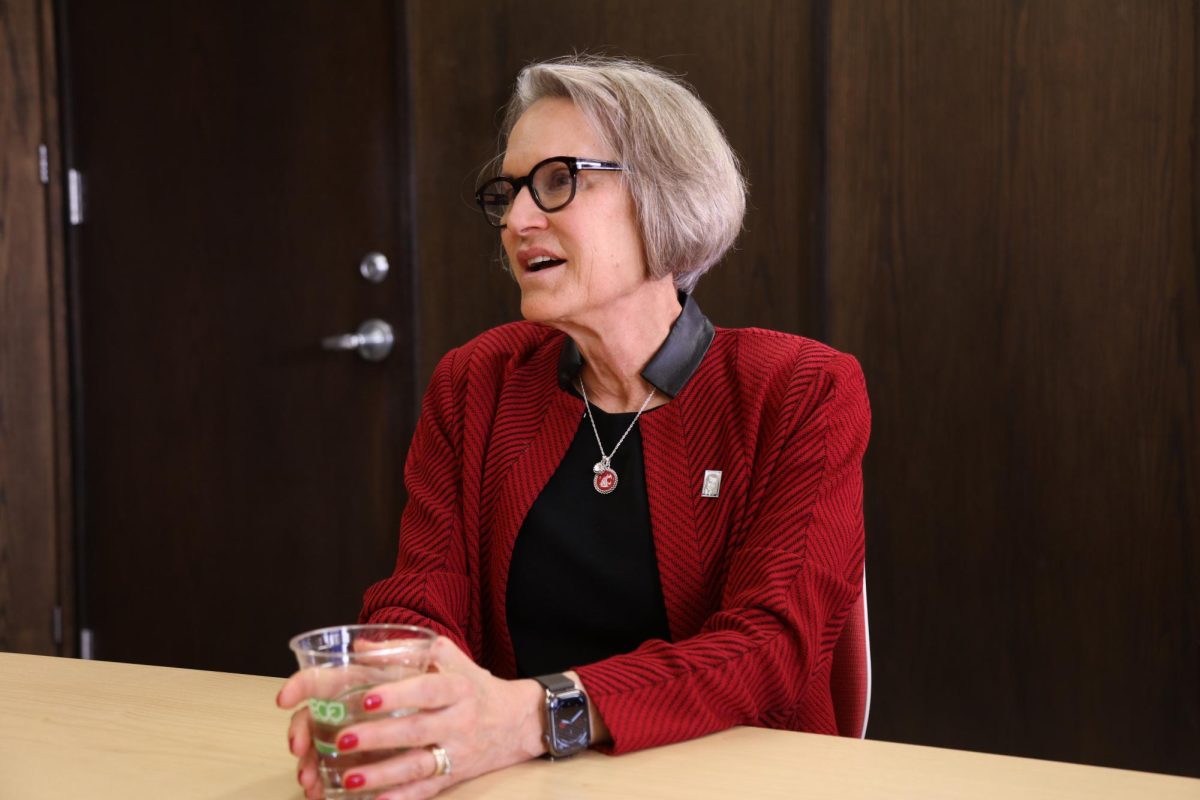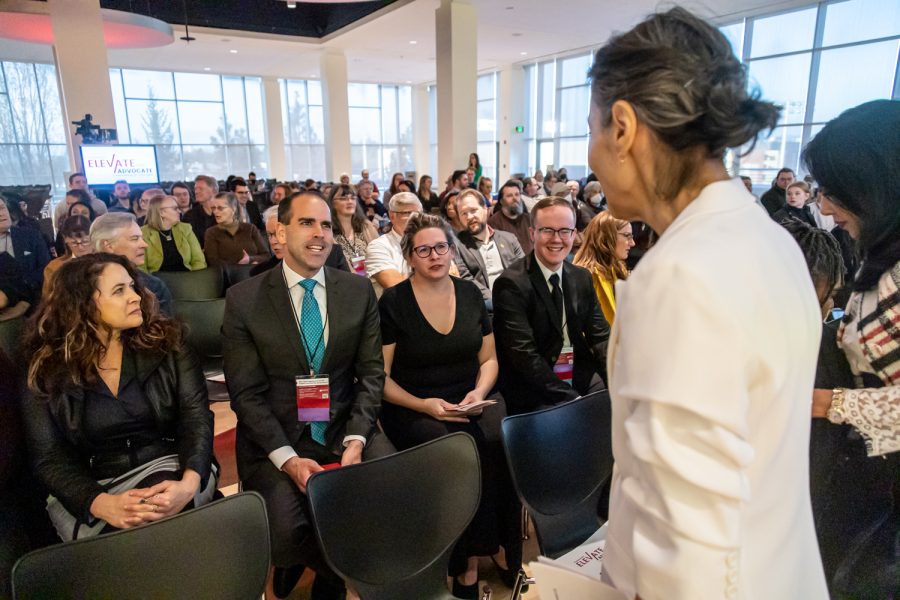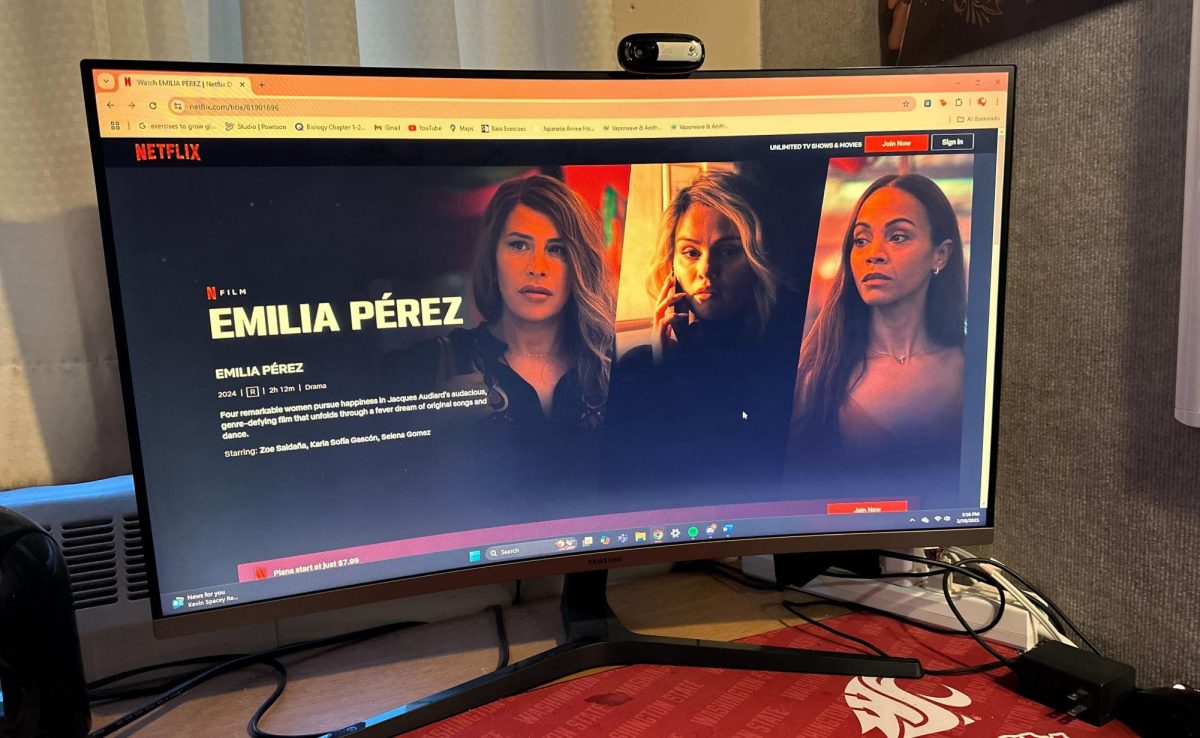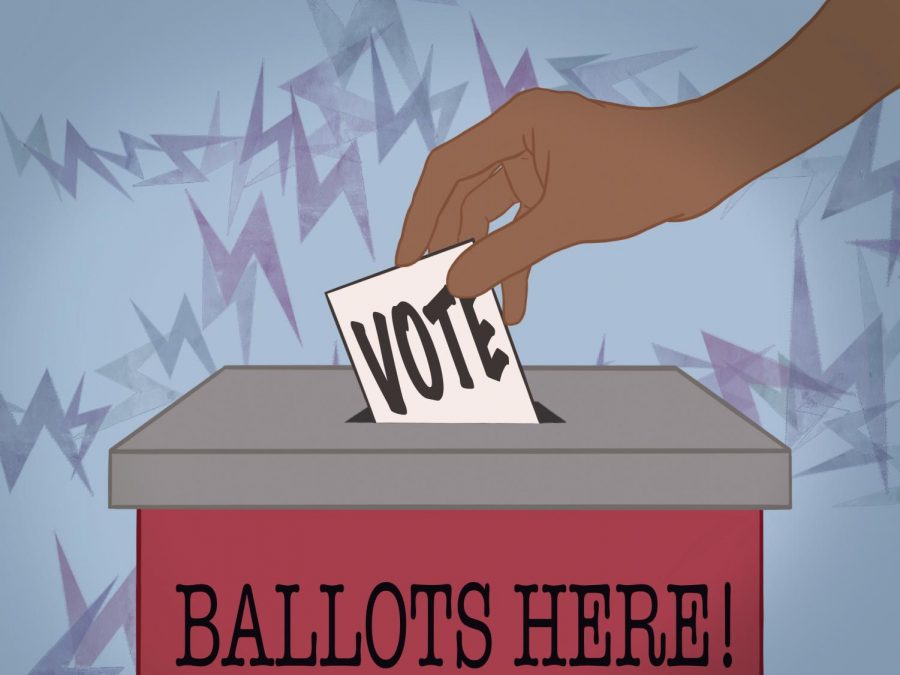The issue with the left is that we don’t know how to make concessions. It’s hard to make concessions, but when it comes to losing one thing or losing everything, the left has an odd proclivity for choosing the latter.
Like it or not, the United States is a two-party system. I hate the two-party system, as do many Americans, but the route to change is not paved by blindly voting third party in high-stakes elections.
Viable third parties are not born through upset victories in high-stakes elections. They are born in local offices that offer legitimacy and notoriety.
A third party with any hopes of winning a high-stakes election must begin in local office and work its way up. The way to tell if a third party is viable is to look at their political market share in high-stakes national offices.
Let me ask you this. How many senators in the 118th Congress can you name who were members of the Green Party? Let me make this easier for you. The House has 435 members compared to the Senate’s 100 members. How many representatives in the 118th Congress can you name who were members of the Green Party?
Unless you pulled a random number out of the air, your answer to both questions was likely zero. I know that because they were trick questions. The Green Party did not have any members in the 118th Congress, nor do they have any in the 119th Congress now.
Yet, despite owning a market share of zero, the Green Party ran Jill Stein, a three-time loser and spoiler candidate. No, Stein alone did not hand the election to Trump, but she is representative of a much larger issue within the American left.
I’m a Bernie guy. Clinton, Biden and Harris are not the candidates I support during Democratic primaries. They are, however, the candidates I have supported and/or voted for since 2016.
Voting democratic as a leftist is not just about voting for the lesser of the two evils and it kills me that this is the prevailing narrative among leftists like myself.
The funny thing is leftists like to complain that the Democratic Party is not representative of their voices. Yet, when it comes to voting, these very same leftists choose not to vote.
Was Kamala Harris that progressive candidate we wanted? No. Like many progressives, I wish she would have stood firmly with Palestine.
However, did voting third party or not voting at all solve the issue of handing the country to an administration willing to support the actions that gained Netanyahu an arrest warrant from the International Criminal Court? No.
So what did voting third party or not voting at all accomplish? For starters, it handed the country back to a twice-impeached convicted felon, rapist and madman who keeps saying he wants to invade our allies.
What about abortion rights? How about judicial nominations? What about international relations? How about environmental justice?
What did voting third party or not voting at all actually accomplish for the left?
This is not a critique of third parties themselves and I do not intend to discourage people from voting third party.
The issue itself is not third parties. Nay, the issue is nonviable third parties and voter apathy among people on the left who are unwilling to make concessions.
Third parties can succeed. I contend, however, that third parties must start in local elections and work their way up to state and national elections before they can be considered viable. The way to tell whether a third party is viable is to look at their national market share.
In 2024, the most prominent third party, the Green Party, received just 782,528 votes (0.5%) for president, with zero percent market share in national offices, compared to Harris’ 75,019,257 votes (48.4%) and Trump’s 77,303,573 votes (49.9%). Both Stein (Green) and Oliver (Libertarian) received zero electoral votes.
So how do we create viable third parties? We begin in local elections and work our way up to state and national elections.
Until then, please stop voting for Jill Stein.


